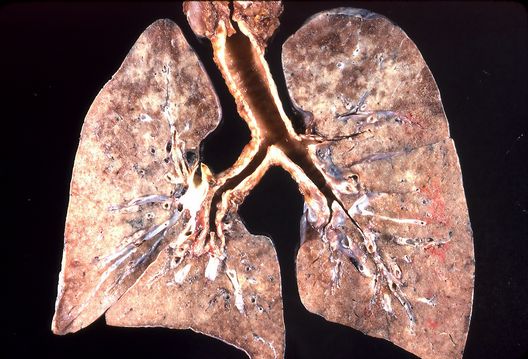Table of Contents
All you need to know.
Benign mesothelioma is one form of mesothelioma. Benign is not as life threatening as malignant mesothelioma, but may be a risk factor if one gets infected with malignant in future. Benign basically means that the mesothelioma is non-cancerous. It refers to a tumor lining along the adnominal cavity or the lungs. The condition is very rare compared to the other form of mesothelioma, and non-harmful. Benign mesothelioma is also common in men than women.
Causes of Benign mesothelioma
This condition is not common as less than 10% of the population of the United States test positive. The cause of Benign is not clearly known. It is very hard to avoid this form of mesothelioma as there is not specific method of prevention.
There are two types of benign mesothelioma. Benign cystic mesothelioma is common in women as it affects the female reproductive organs. The other, adenomatoid tumor, occurs also around the reproductive organs, particularly in fallopian tubs in women, and epididymis in males.
Diagnosis of Benign mesothelioma
Benign can be easily diagnosed by distinguishing where the mesothelioma is benign or malignant. The process involves physical check ups on the affected parts. An x-ray would also be applicable on the patient’s chest or abdomen.
Symptoms of Benign mesothelioma
It is important to note that it is very difficult to distinguish this condition from cancer unless you take a test. This is mainly because their symptoms are very similar. However, these are some of the signs to help you know if you are suffering from this condition.
Symptoms of benign depend on the affected part of your body. If it affects your chest cavity, the symptoms include chest pain, weakness, difficulty swallowing, chronic cough, weight loss, fever, raspy voice, and coughing up blood.
Patients having abdominal cavity benign mesothelioma experience nausea and vomiting, bowel obstruction, fever, blood clotting abnormalities, chest pain, weight loss, anemia and abdominal pain or swelling. Benign mesothelioma may also attack the surrounding of your heart with symptoms such as fatigue, heart palpitations, chest pain, chronic cough, and difficulty breathing.
Treatment of Benign mesothelioma
Although it’s non-cancerous, benign mesothelioma may affect organs located adjacent to the affected organs. The best and recommended way to treat this lining is by removing the affected tissues. This involves a complete surgery of the tissues. Surgery removal ensures that the benign mesothelioma does not spread to the unaffected tissues. It is, however, important for patients to attend after-surgery check ups.
This is all you need to know about benign mesothelioma. You can diagnosis and treat this condition easily by taking regular check-ups.

